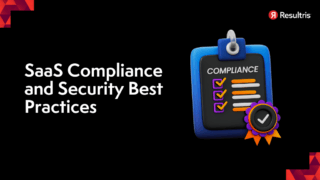

Written by: Tim Eisenhauer
Last updated:

Content marketing has become an indispensable tool for businesses looking to build brand awareness, engage their target audience, and drive meaningful results. In this comprehensive guide, we will explore how content marketing can empower businesses of all sizes, providing actionable insights and practical strategies to help you develop an effective content marketing strategy that delivers impactful results.
Content marketing is a game-changer for businesses, offering a cost-effective way to establish brand authority, connect with your target audience, and stand out from the competition. By creating valuable and informative content, businesses can position themselves as industry leaders, build trust with their audience, and attract a loyal following.
To maximize the effectiveness of your content marketing efforts, it is crucial to set clear and measurable goals. Aligning your content marketing goals with your overall business objectives ensures that every piece of content contributes to your larger vision.
Creating valuable and compelling content is the heart of a successful content marketing strategy. By understanding your target audience, you can tailor your content to meet their specific needs and interests.
Let Resultris help! Our expert team can simplify the process and guide your path to effective content marketing.
Creating great content is only the first step; distributing and promoting it effectively is equally important. Leveraging various channels and platforms can significantly expand your reach and engage your target audience.
Continuous analysis and optimization are vital to the success of your content marketing strategy. By tracking key metrics and gathering insights, you can refine your approach and improve your content’s performance.
Content marketing for business is a powerful tool that can transform your company by building brand authority, engaging your target audience, and driving meaningful results. By understanding the power of content marketing, setting clear goals, creating compelling content, effectively distributing and promoting it, and continuously analyzing and optimizing your strategy, you can unlock new opportunities for success in the digital landscape. Embrace the potential of content marketing and take your business to new heights.




